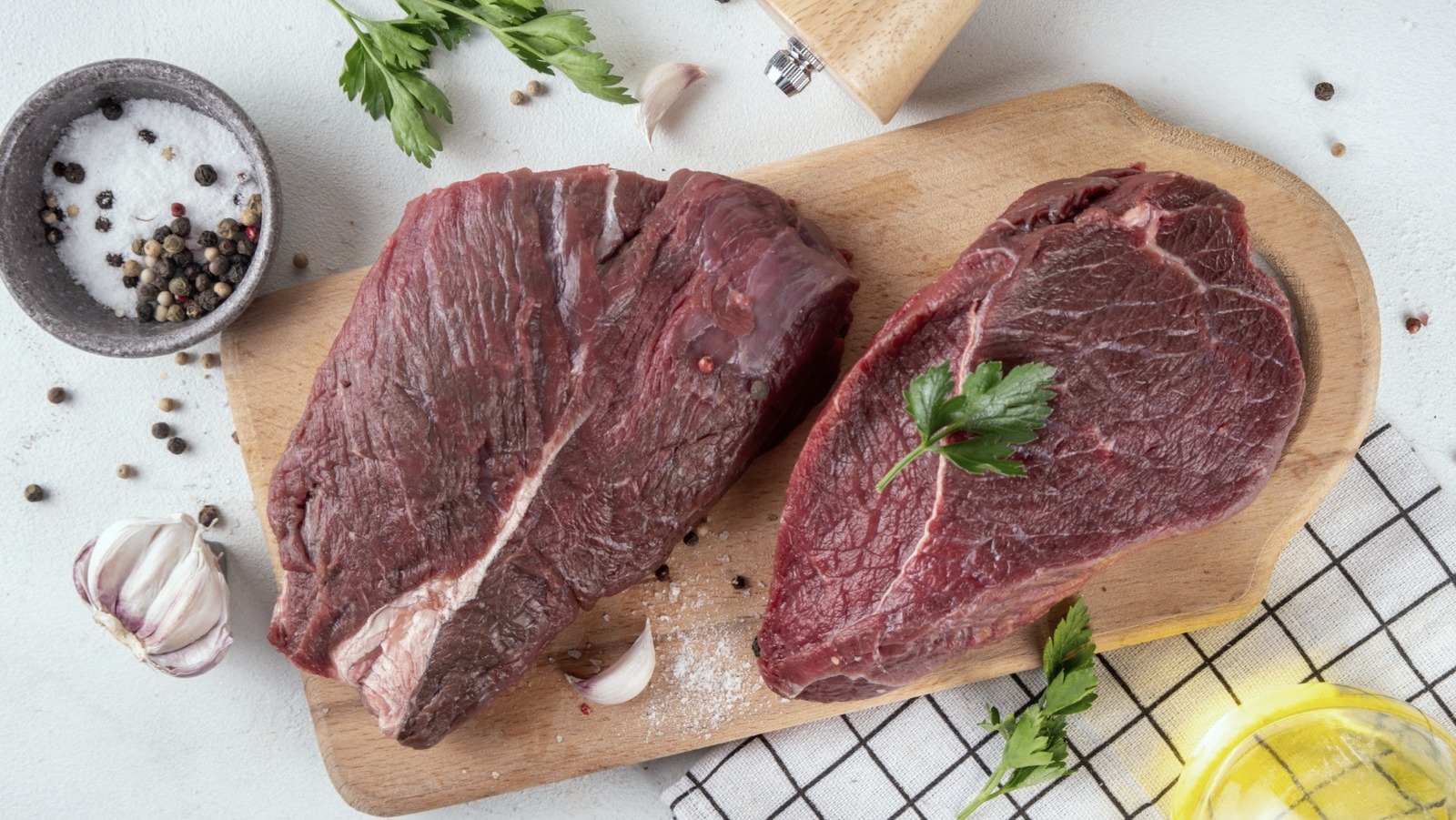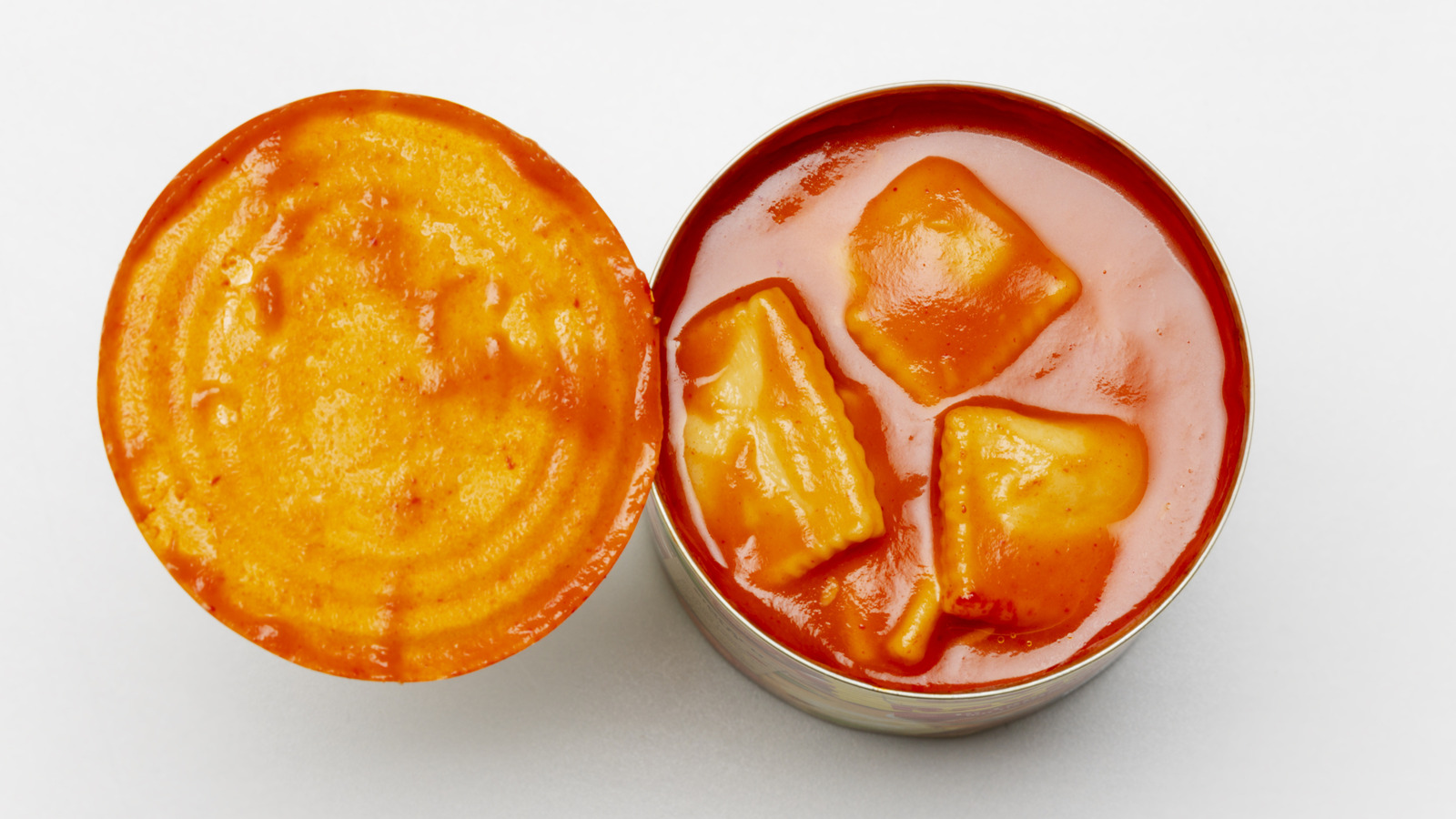Sudanese refugees, returnees face hunger, disease, and insecurity in South Sudan
— As the world marks World Refugee Day, the grim reality for millions who fled from Sudan to South Sudan is a deepening nightmare. Families fleeing brutal conflict arrive with nothing, only to be met by a worsening hunger situation, growing insecurity, and a cholera outbreak that has already claimed the lives of 70,000 people. Their desperate search for safety has become a fight for survival.
“It is an intolerable truth that families escaping unimaginable horrors are finding themselves in an even more desperate situation here in South Sudan,” . “They arrive hoping for safety and dignity, but instead find communal conflict, high cost of living, acute hunger, and a cholera outbreak. It’s a cruel betrayal of hope for those who have already lost everything. We cannot, must not, abandon them.”
According to the latest IPC Report, a staggering 7.7 million people in South Sudan are facing crisis or worse levels of food insecurity. Refugees and returnees in remote areas are struggling to find food after traveling for days and weeks with no food or healthcare.
In the Ruweng Administrative Area, 37-year-old Khaia clutches her 13-month-old son, Sami, just days after a harrowing escape from the Sudanese conflict. They fled with only the clothes on their backs. Sami, just a baby, became critically ill and malnourished due to a total lack of food and clean potable water during their perilous two-day journey.
“We left everything—our home, our neighbors, even some of our family members,” Khaia recounts, her voice strained. “While we were fleeing, Sami got so sick. I truly believed I would have to bury him in the bush.”
By the time they reached the Yida transit site, Sami was barely clinging to life, diagnosed with acute malnutrition, severe malaria, and dehydration. Intensive medical and nutritional support saved him. “This place didn’t just treat us—it gave me back my baby. It gave me back my hope,” Khaia shares, a testament to fragile survival.
CARE’s interventions in Greater Pariang of Ruweng Administrative Area are saving lives against overwhelming odds. With vital support from partners, CARE South Sudan alongside the Ministry of Health, delivers critical health, nutrition, health education, and Sexual and Reproductive Health (SRH) services at key entry points and facilities. By April 2025, over 6,700 people received SRH care, and more than 10,300 individuals were reached through initiatives raising awareness of violence against women and girls.
At over a dozen centers across Greater Pariang, children and pregnant or breastfeeding women are screened, treated, and provided with support. Since 2012, these efforts have drastically reduced child mortality from severe malnutrition in the region, with over 28,000 individuals reached in 2025 alone.
The scale of this humanitarian catastrophe demands immediate and massive action. On World Refugee Day, CARE urgently calls on international donors and partners to mobilize unprecedented support.
“We must collectively scale up funding to ensure that families fleeing violence are not left to face starvation, disease, and despair in silence. Their survival depends on it,” said Abel Whande.
, please email [email protected], or contact , CARE East Central, & Southern Africa Regional Communications Advisor [email protected].











:max_bytes(150000):strip_icc()/Sirloin_Tips_006-14657e7dd39f4b7981505c7818e5dff9.jpg)